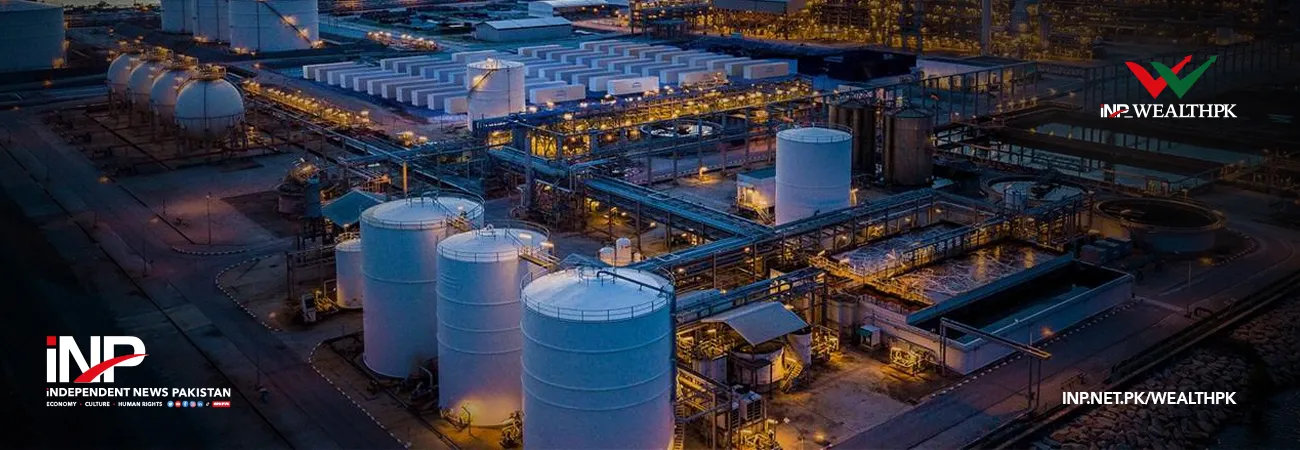INP-WealthPk
Special Assistant to Prime Minster (SAPM) on Government Effectiveness Jehanzeb Khan has said that National Economic Council has always played a very crucial role in the sustainable development of Pakistan.
“Five-year plans which started soon after the inception of the country really had an exponential effect on the development of the country. Starting in the 1960s, Pakistan began to implement the agendas of the five-year plans and we saw a continual improvement in the development of the country,” he said while addressing a seminar at the Institute of Regional Studies, Islamabad. “However, it must be noted that development cannot continue apace without having political stability in the country. This is the reason that we could not have economic growth and development at par with the regional countries. China and Bangladesh started late than us but now have surpassed us in income levels and development results,” he said.
“Economic output will increase if we have successful mechanisms for public-private partnerships. It is the nexus of governments and businesses that can really create a sound result in terms of economic productivity and income growth. Only when productivity increases and global competitiveness is maintained can we increase our exports. Pakistan is one of those few countries whose export-to-GDP ratio is below 10% which is dismal,” he added.
He said that relying on remittances alone is not a long-term solution. “We need to build our productive capacity to match international standards. That and the training of our manpower to be able to innovate is highly essential if we want to solve our economic problems,” he said. “Government is doing its best to invite foreign direct investment in the country. FDI will bring with it the requisite technology and skills for our labour to improve the productivity. Pakistan’s position on various indices of productivity like the HDI, Ease of Doing Business, Gender Parity, Prosperity Index, and others, are really low as compared to regional competitors,” he added.
He concluded by saying that dysfunctional institutions, climate disasters, growing population, lack of skilled labour and less focus on capacity-building and optimization were some of the challenges on which the government needed to devise effective policies. “Through policy regulations and inclusion of the private sector, the government could be better equipped in overcoming the aforementioned challenges and developing a resilient development model for the general public,” he said.
Credit : Independent News Pakistan-WealthPk













